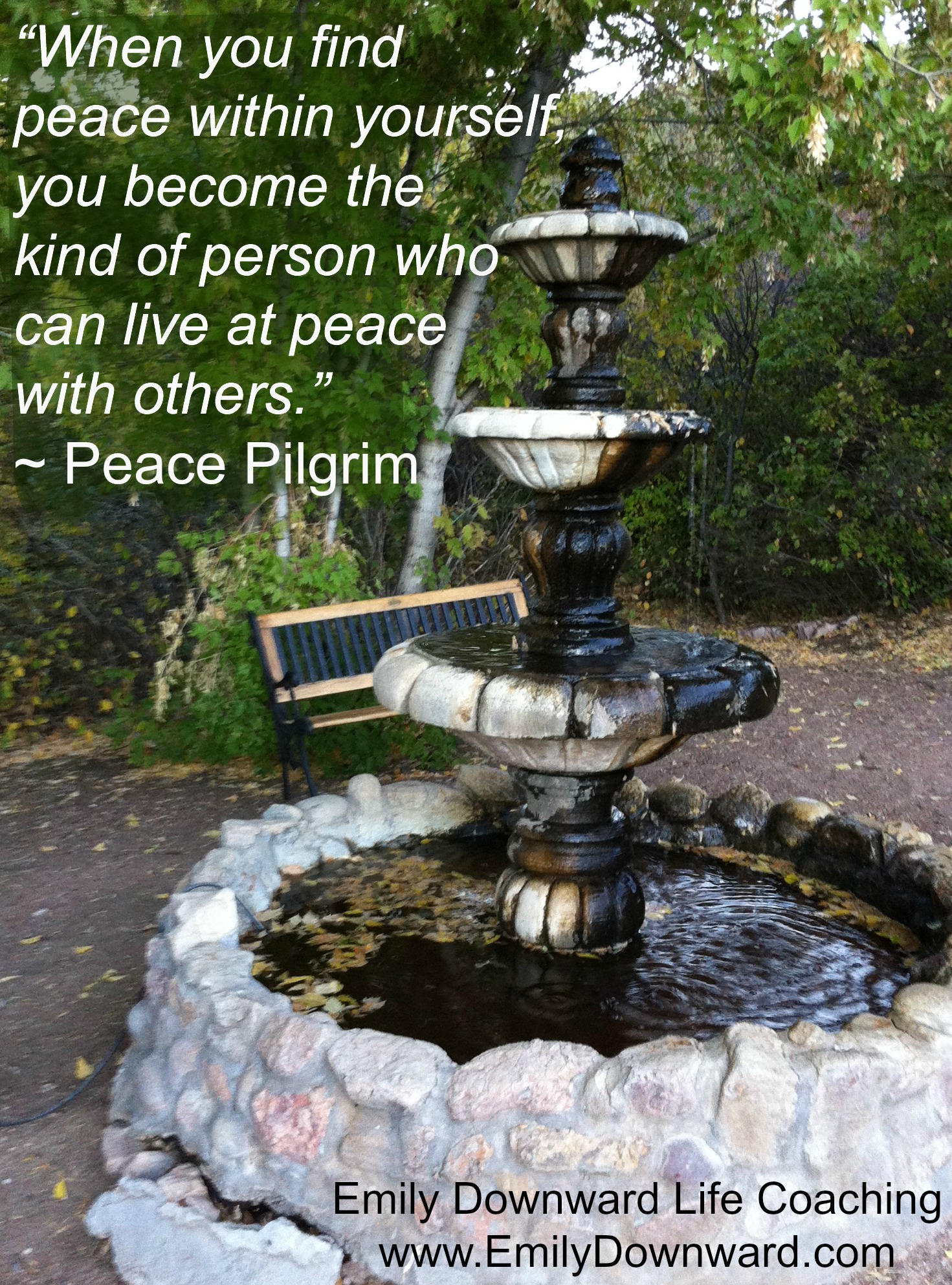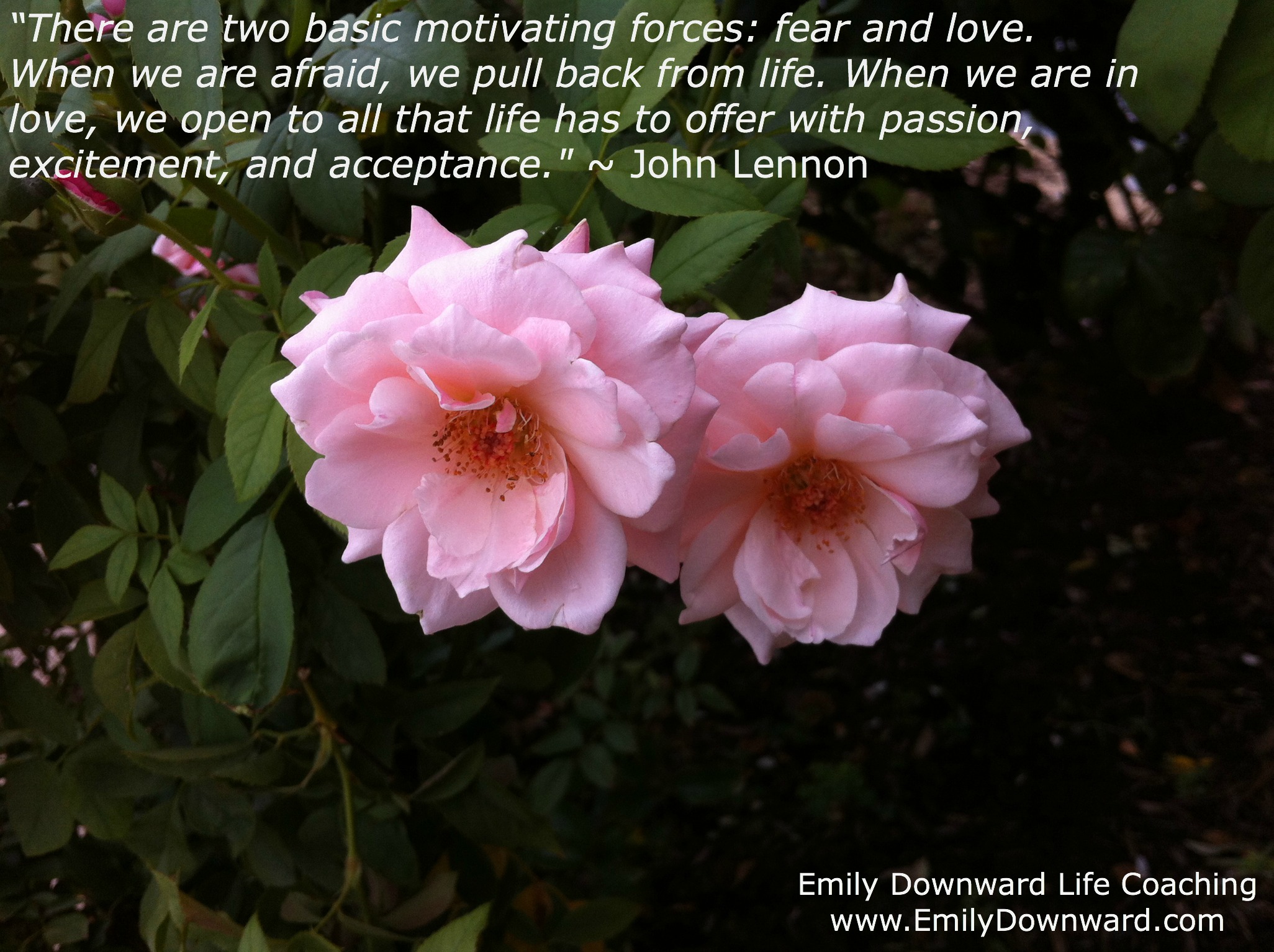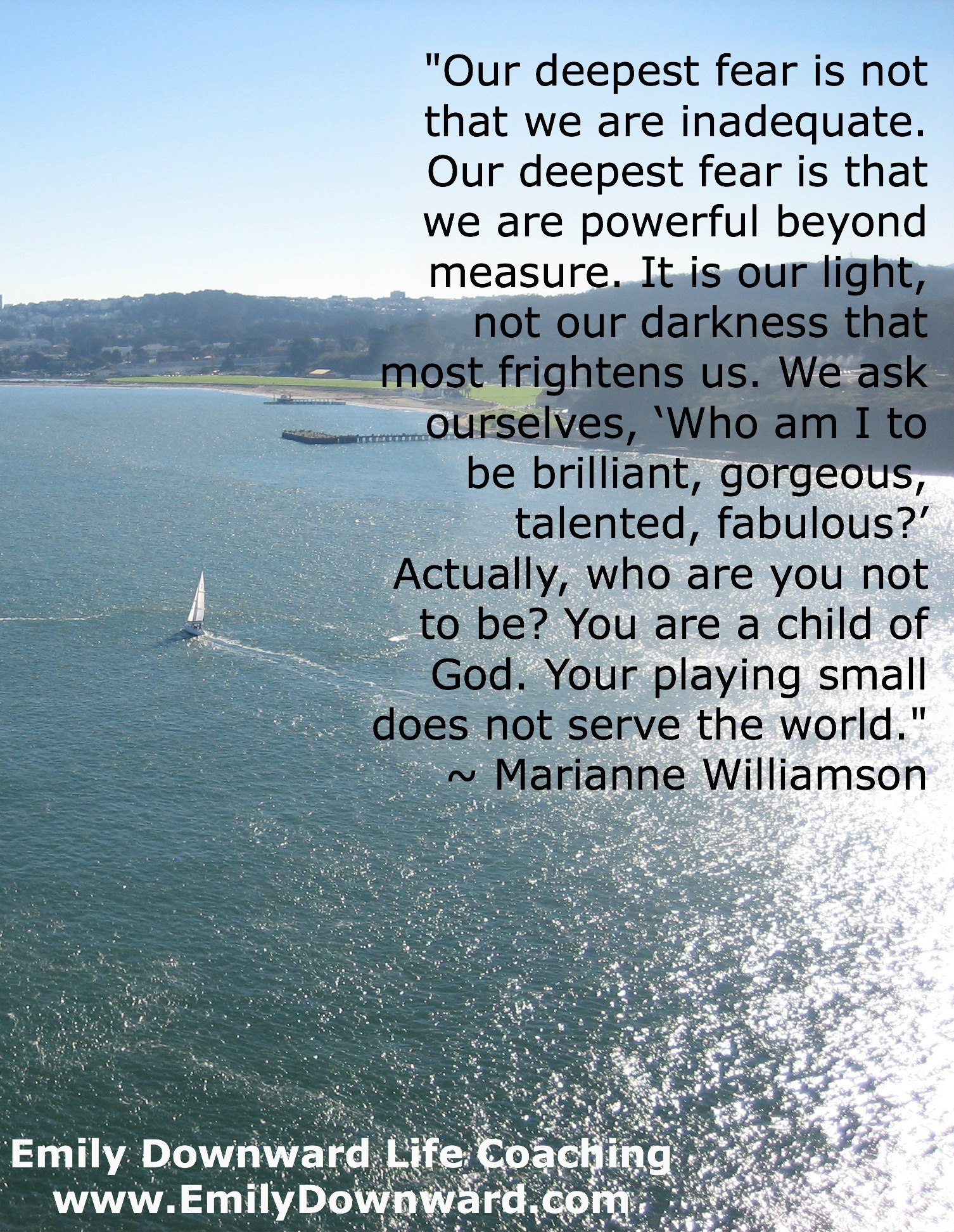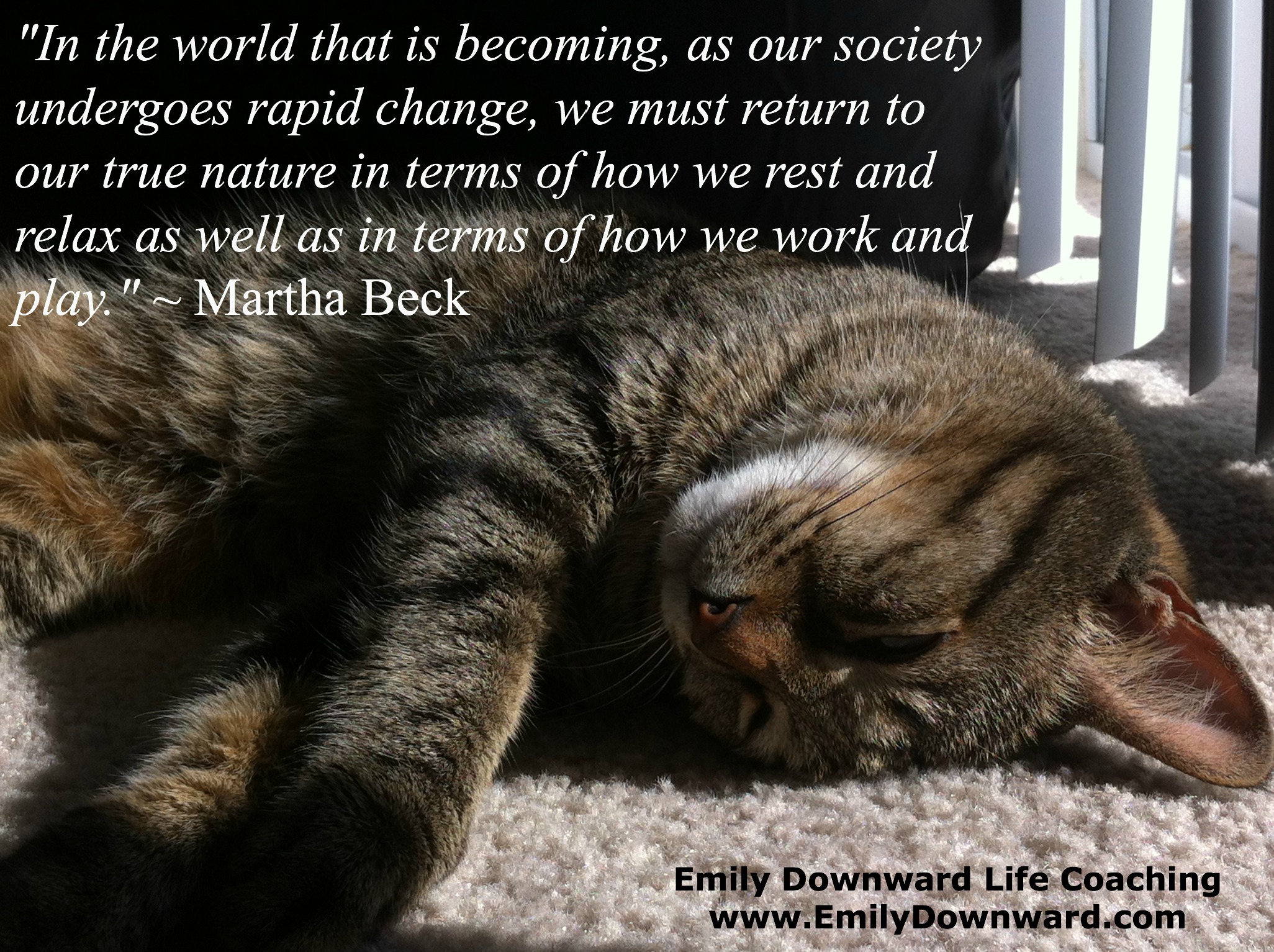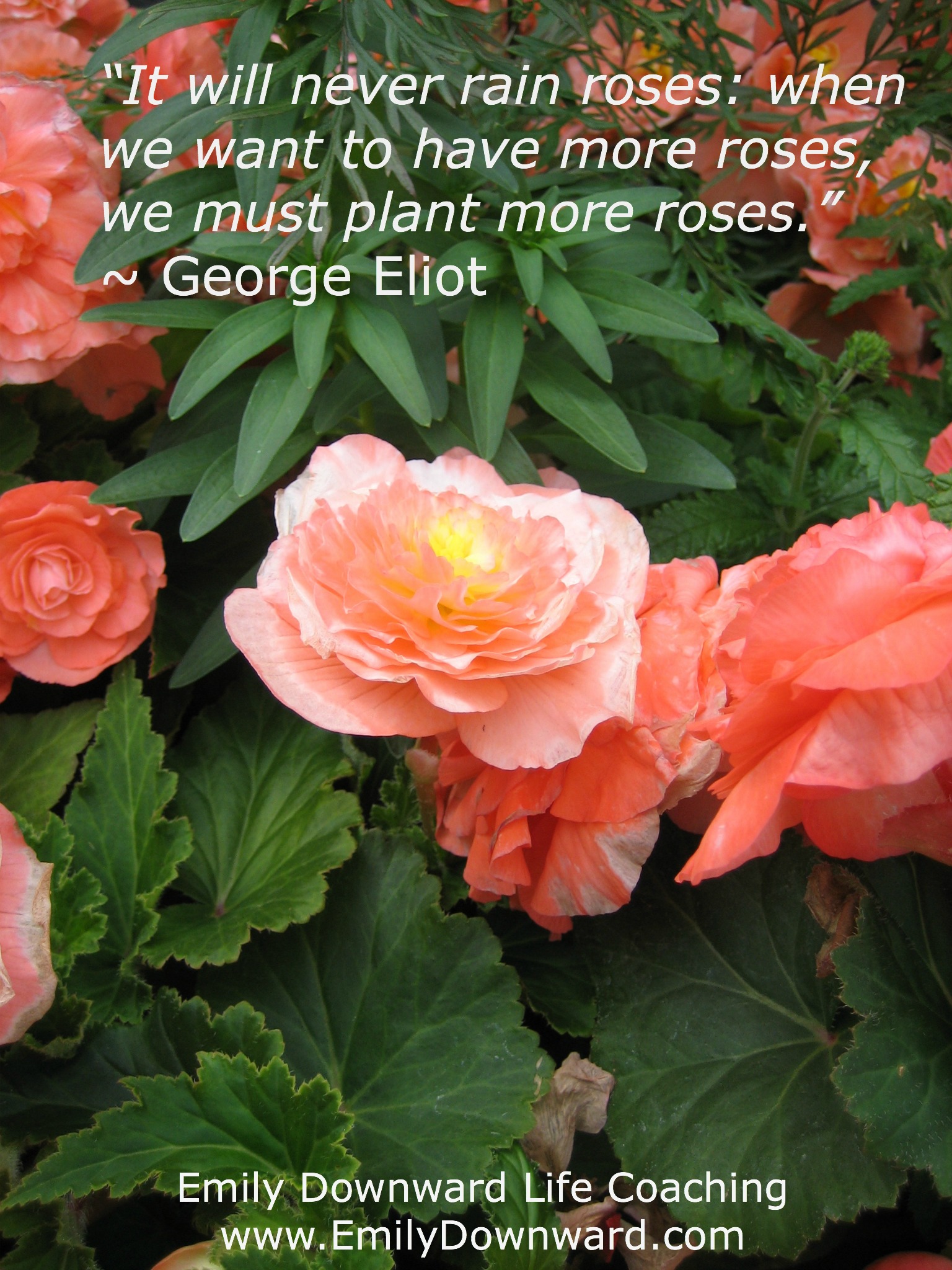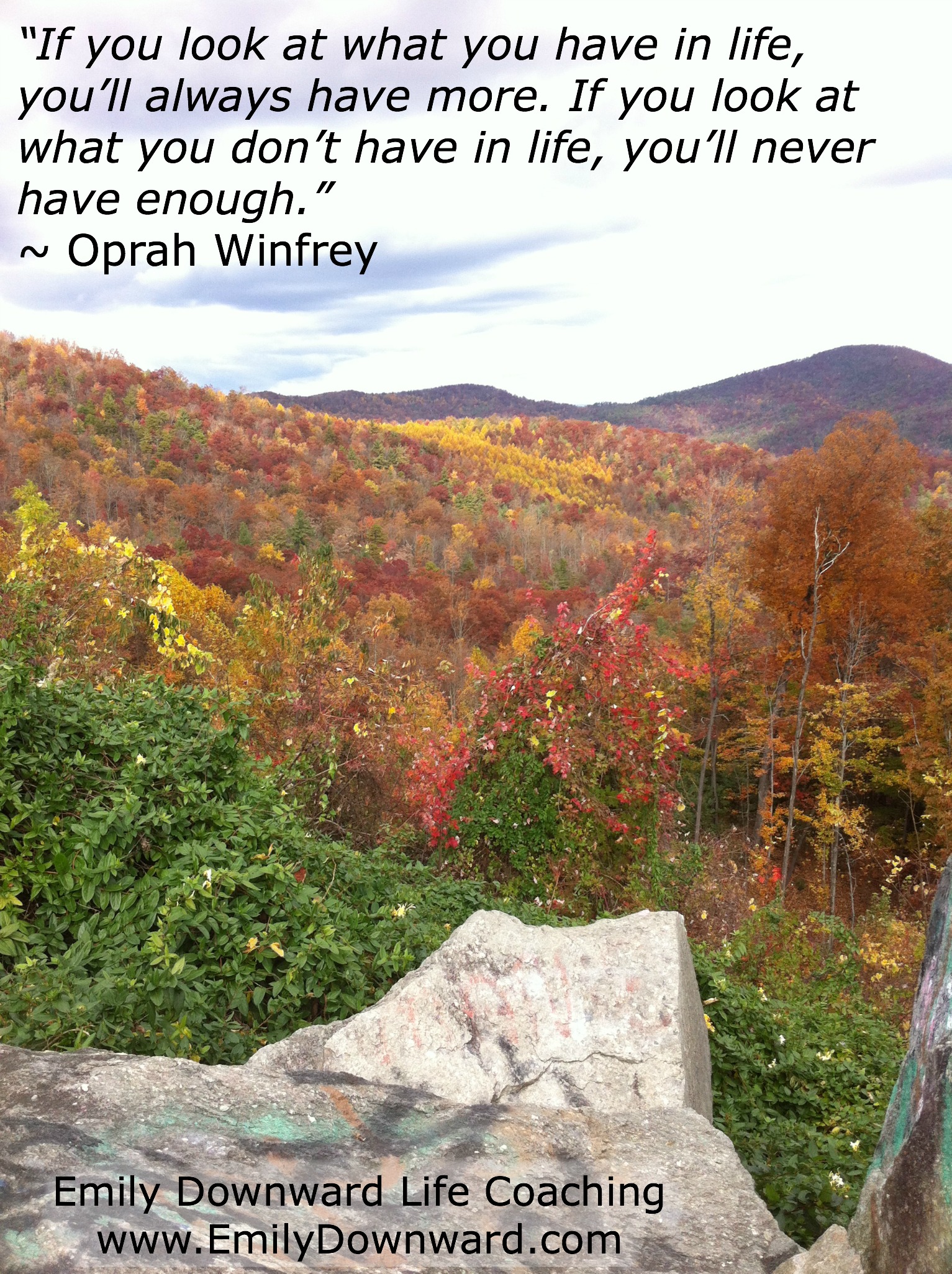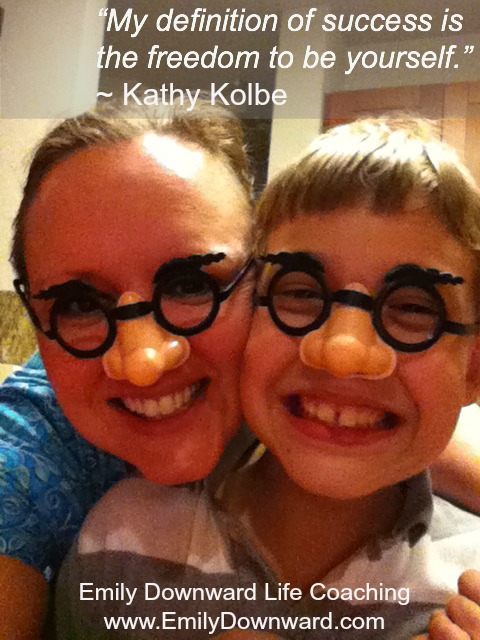 One of my favorite assessments I ask my clients to complete is the Kolbe A Index. Based in decades of research, the Kolbe A Index measures your conative style, or how you take action. It focuses on what you do well, and learning more about your unique conative style can help you to leverage your strengths and minimize your weaknesses.
One of my favorite assessments I ask my clients to complete is the Kolbe A Index. Based in decades of research, the Kolbe A Index measures your conative style, or how you take action. It focuses on what you do well, and learning more about your unique conative style can help you to leverage your strengths and minimize your weaknesses.
I’ll admit, I’m an assessment junkie. I love taking quizzes, from the serious to the silly, and learning more about myself in the process…or at least getting some frivolous fun from the results. Getting my results from the Kolbe A Index was the most validating to me, and I felt like a huge piece of the puzzle was snapped into place. As spiritual beings in this human experience, I think it’s natural that we ask ourselves “Who am I?” and “What am I meant to do?” For me, learning about how and why I do things the way I do was a fantastic revelation.
Of course, assessments like this are only as good as the application. Learning about my instinctual action mode has enabled me to leverage my strengths as I go about my daily work. Sometimes we all need a bit of prodding or bribing to get done tasks we’d rather forget. For me, deadlines (albeit realistic ones) are essential. If I don’t have a deadline, the task often languishes at the bottom of my To-Do list for weeks. I also know I prefer to have some sort of process to follow, although I like to modify processes when needed. If I’m starting out on an initiative that I don’t have a process for, providing myself with structure of any kind helps get me out of paralysis.
Kathy Kolbe, creator of the Kolbe A Index, provides an audio summary of your results, and I admire and appreciate how she highlights the value of each type, explaining how someone just like you has such a necessary role to play in our world. As she says, “Who you are is who you were meant to be.” So often we measure ourselves against others or try to do something the way we’ve been taught is the “right way.” I encourage you to forge your own path, do it your way, and celebrate what makes you uniquely you.
